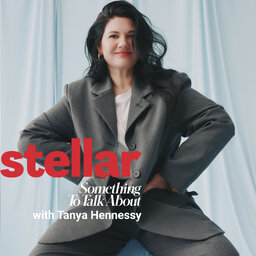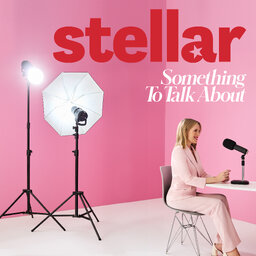Tim Minchin thinks we’re doing ambition all wrong
Eleven years ago, Tim Minchin gave a speech that went viral. The Matilda The Musical composer, who was being awarded an honorary doctorate at The University of Western Australia, shared his nine life lessons with the graduating class – and to say it struck a chord with the world is to put it mildly. It has since clocked more than five million views.
Now he’s turned that speech into a book called You Don't Have To Have A Dream. He joins Sarrah Le Marquand in the studio to discuss luck, micro-ambition, the poison of social media, compassion and infidelity. It gets a bit philosophical, but the thing about Tim is, he bares his soul in everything he does. And this conversation proved to be no different…
You Don't Have To Have A Dream by Tim Minchin (Penguin, $36.99) is out September 10, and available for pre-order now.
Something To Talk About is a podcast by Stellar, hosted by editor-in-chief Sarrah Le Marquand.
You can find more from Tim on Instagram.
Find more from Stellar via Instagram @stellarmag or pick up a copy inside The Sunday Telegraph (NSW), Sunday Herald Sun (VIC), The Sunday Mail (QLD) and Sunday Mail (SA).
In 1 playlist(s)
Something To Talk About
When Australia's celebrities are ready to talk, they come to Something To Talk About. A new episode …Social links
Follow podcast
Recent clips

Tanya Hennessy: "Why I need to apologise to every mother I’ve ever met"
40:31

Ash Brewer on baby news, sobriety and why she’s ready to talk about her eating disorder
36:54

What Sarah Harris did next
44:09
 Something To Talk About
Something To Talk About